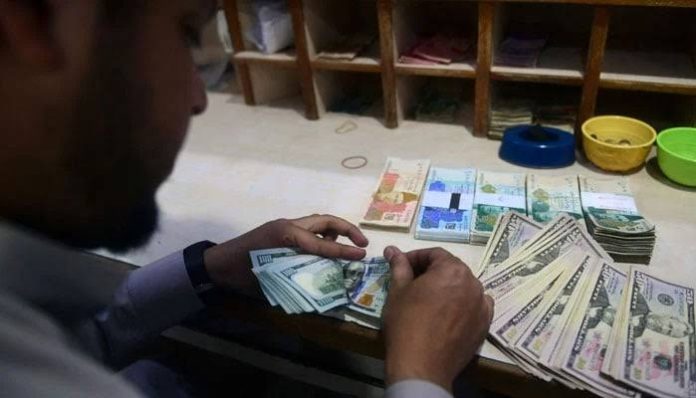Pakistan’s economic landscape is marred by significant external financing challenges, as outlined by the Pakistan Institute of Development Economics (PIDE). With projected financing requirements exceeding $120 billion over the next five years, Pakistan finds itself in a precarious position, surpassing its gross reserves and raising concerns about a potential default crisis.
To address these pressing issues, PIDE has proposed a comprehensive reform strategy named “ISLAAH: Immediate Reform Agenda — IMF and Beyond.” This initiative, grounded in the principles of rethink, reform, and revive, aims to guide Pakistan towards economic stability and growth amidst the looming financial difficulties.
The strategy emphasizes the need for a holistic transformation to drive economic progress and prosperity, transcending narrow interests that often dominate reform discussions. It seeks to address Pakistan’s urgent need for external financing, with estimated requirements of $22.8 billion in FY23, escalating in subsequent years.
However, the situation presents alarming figures where gross external financing far exceeds gross foreign exchange reserves, reaching percentages as high as 506.7% in FY23. These statistics underscore the gravity of the crisis and the urgency of implementing effective measures to mitigate risks of default.
The current crisis is exacerbated by sporadic growth, characterized by boom-and-bust cycles and unmanageable deficits. Inadequate foreign exchange reserves and escalating inflation further compound the challenges, exacerbated by low investment ratios relative to GDP.
These formidable obstacles necessitate urgent attention and concerted efforts to enact meaningful reforms. By prioritizing fiscal discipline, promoting sustainable growth, and enhancing resilience against external shocks, Pakistan can navigate through these turbulent times and foster a path towards economic stability and prosperity. Collaborative efforts between government institutions, international organizations, and stakeholders are essential to implement these reforms effectively and safeguard Pakistan’s economic future.


